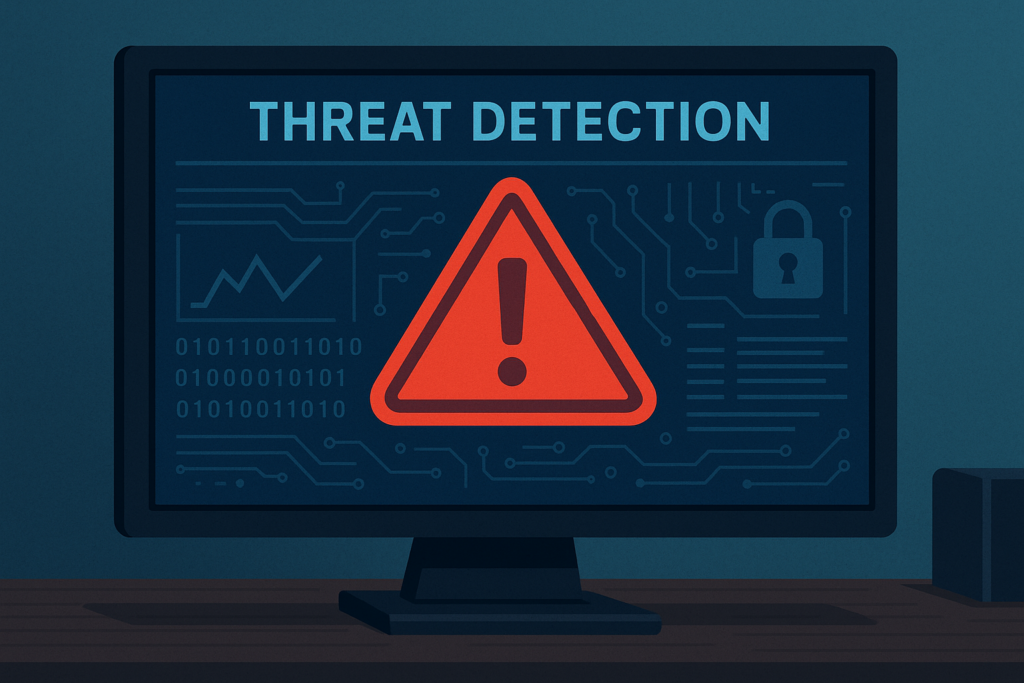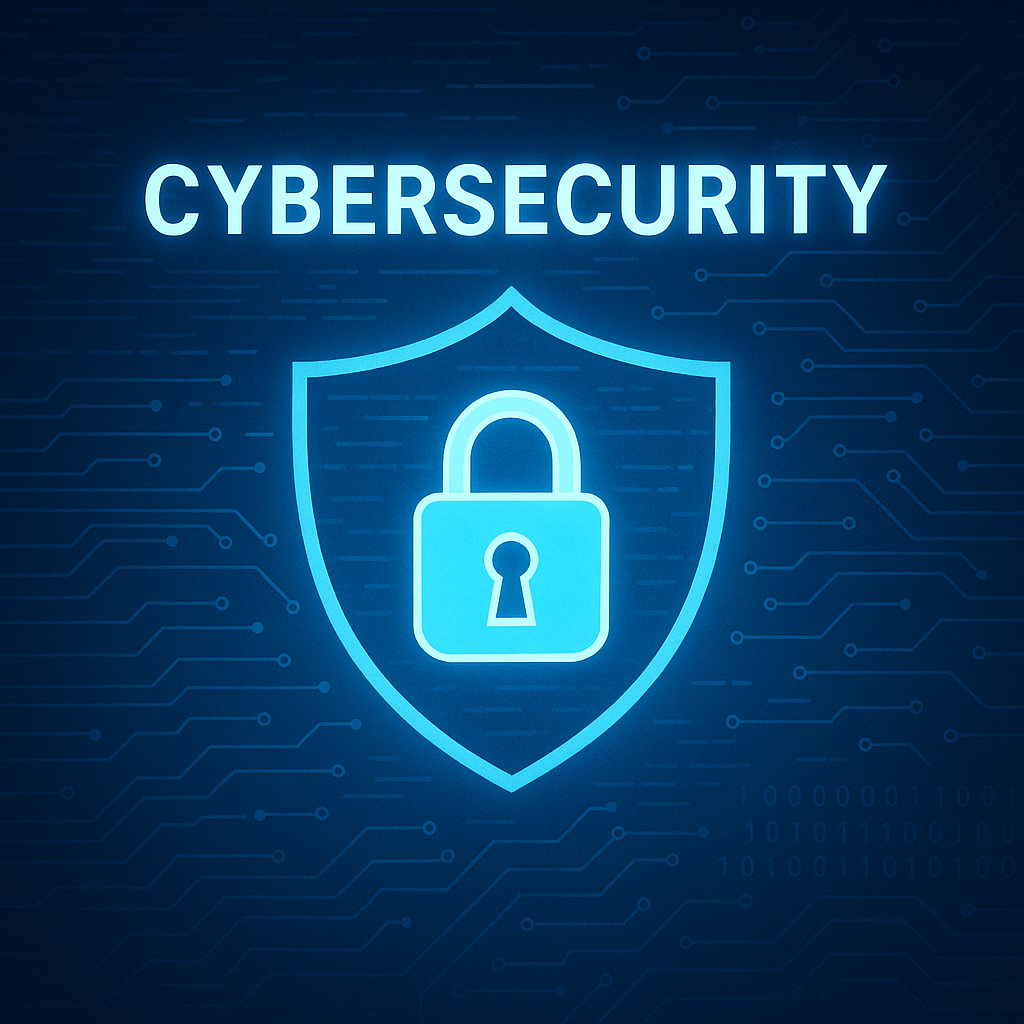Introduction: Understanding Cybersecurity: Skills, Tools, and Career Opportunities
In a world increasingly reliant on digital infrastructure, cybersecurity has become a cornerstone of global stability. From protecting personal data to securing critical infrastructure, cybersecurity ensures that information systems remain confidential, integral, and available. As cyber threats evolve in complexity and scale, so does the demand for skilled professionals in this high-stakes field.
Table Of Contents
What is Cybersecurity?
Cybersecurity refers to the practice of protecting computer systems, networks, and data from unauthorized access, theft, damage, or disruption. It encompasses a wide range of domains including network security, application security, endpoint security, cloud security, and information security. The goal is not only to prevent attacks but also to detect and respond to them effectively when they occur.
Cybersecurity is more than just installing antivirus software or firewalls—it involves a comprehensive approach to identifying vulnerabilities, analyzing risks, enforcing policies, and maintaining strong defenses. With increasing reliance on digital platforms in government, business, healthcare, and education, cybersecurity has become a mission-critical discipline.
Check out one of our Cybersecurity courses here.
Skills Required to Become a Cybersecurity Expert
To become proficient in cybersecurity, a solid foundation in computer science and networking is essential. Understanding how operating systems, networks, and databases function enables professionals to identify potential security gaps.
Here are key skills every cybersecurity expert should master:
- Networking Fundamentals: A deep understanding of TCP/IP, DNS, HTTP, VPNs, and routing protocols is crucial for identifying and mitigating network threats.
- Operating Systems: Familiarity with Linux, Windows, and macOS environments is necessary since vulnerabilities often lie in OS-level configurations.
- Risk Assessment & Management: Knowing how to assess the risk associated with system vulnerabilities and implement mitigation strategies is a core skill.
- Cryptography: Understanding encryption, hashing, and key management helps in securing communication and data.
- Incident Response: The ability to detect, investigate, and recover from security breaches in real time is vital.
- Scripting & Automation: Proficiency in scripting languages like Python or Bash is helpful for automating tasks, analyzing logs, and developing security tools.
- Soft Skills: Effective communication, critical thinking, and ethical decision-making are just as important as technical knowledge, especially when working with stakeholders or responding to emergencies.

Tools Used in the Industry
Cybersecurity professionals leverage a wide array of tools to protect, monitor, and test systems. These tools can be broadly categorized into preventive, detective, and response tools.
- Firewalls and Antivirus Software: Tools like pfSense, Norton, and Bitdefender help prevent unauthorized access and detect malware.
- Network Scanners: Tools like Nmap and Wireshark allow experts to analyze traffic and identify network vulnerabilities.
- Intrusion Detection Systems (IDS) and Intrusion Prevention Systems (IPS): Tools like Snort and Suricata monitor traffic for suspicious activity.
- SIEM (Security Information and Event Management): Platforms like Splunk, IBM QRadar, and LogRhythm help in collecting and analyzing log data in real time.
- Penetration Testing Tools: Ethical hackers use tools like Metasploit, Burp Suite, and Kali Linux to simulate attacks and identify weaknesses.
- Endpoint Protection Platforms (EPP): Solutions like CrowdStrike or Sophos defend individual devices from threats.
Mastering these tools not only helps professionals stay ahead of potential attackers but also demonstrates practical, hands-on capability to employers.

Another one of our great Cybersecurity courses is here.
Career Opportunities in Cybersecurity
The cybersecurity industry offers a wide range of career paths for both technical and non-technical individuals. With a chronic shortage of skilled professionals worldwide, job opportunities are abundant and often come with high salaries, job security, and growth potential.
Some prominent roles include:
- Security Analyst: Monitors networks and systems for breaches, investigates security incidents, and implements protective measures.
- Penetration Tester (Ethical Hacker): Conducts authorized simulated attacks to find vulnerabilities before malicious hackers do.
- Security Engineer: Designs and implements secure network solutions and responds to threats.
- Incident Responder: Specializes in rapid response to security breaches and works to contain and remediate them.
- Security Consultant: Advises organizations on best practices, compliance standards, and risk management.
- Chief Information Security Officer (CISO): Oversees an organization’s cybersecurity strategy at an executive level.
- Cloud Security Specialist: Focuses on securing cloud infrastructures like AWS, Azure, and Google Cloud.
- Governance, Risk & Compliance (GRC) Analyst: Ensures the organization meets regulatory requirements and adheres to security policies.
Industries hiring cybersecurity professionals include finance, healthcare, government, telecommunications, defense, and e-commerce. According to the World Economic Forum, there will be over 3.5 million unfilled cybersecurity jobs worldwide in the near future, making it one of the most secure career paths.
Final Thoughts
Cybersecurity is no longer a niche field—it’s an essential pillar of the modern digital world. Whether you’re starting from scratch or shifting from another IT discipline, learning cybersecurity can be a rewarding and future-proof investment. With the right skills, tools, and mindset, you can play a critical role in protecting data, systems, and society from ever-evolving cyber threats. As digital transformation accelerates globally, the need for defenders in cyberspace has never been greater.
FAQ
What is cybersecurity and why is it important?
Cybersecurity is the practice of protecting systems, networks, and data from digital attacks, unauthorized access, and damage. It’s important because individuals, businesses, and governments increasingly rely on digital systems that are vulnerable to cyber threats like hacking, malware, and ransomware.
What are the most common types of cyber threats?
Common threats include phishing attacks, ransomware, viruses, trojans, denial-of-service (DoS) attacks, and man-in-the-middle (MITM) attacks. These can result in data theft, financial loss, and service disruptions.
How can I protect myself from cyber threats?
Use strong, unique passwords, enable two-factor authentication, update software regularly, avoid clicking on suspicious links or attachments, and use reputable antivirus and firewall software. Staying informed is one of the best defenses.
What are the basic skills needed to start a career in cybersecurity?
Key skills include knowledge of networking, operating systems (especially Linux and Windows), basic programming (Python, Bash), understanding of security protocols, and a grasp of risk management. Soft skills like critical thinking and communication are also essential.
Do I need a degree to work in cybersecurity?
While a degree in computer science or a related field can help, it’s not always necessary. Many roles value hands-on experience, certifications, and practical skills over formal education. Entry-level jobs are often accessible through self-study and bootcamps.
Which certifications are best for getting started?
Popular entry-level certifications include CompTIA Security+, Google Cybersecurity Certificate, and Cisco’s CCNA. More advanced certifications include CEH (Certified Ethical Hacker), CISSP (Certified Information Systems Security Professional), and OSCP (Offensive Security Certified Professional).
What tools do cybersecurity professionals use?
Common tools include Wireshark (network analysis), Nmap (network scanning), Metasploit (penetration testing), Snort (intrusion detection), and Splunk (SIEM/log analysis). Mastering these tools helps professionals detect, prevent, and respond to threats.
What are the career paths in cybersecurity?
Cybersecurity roles include Security Analyst, Penetration Tester, Security Engineer, Incident Responder, Cloud Security Specialist, and CISO (Chief Information Security Officer). The field also offers positions in policy, governance, and compliance.
Is cybersecurity only for technical people?
Not at all. While many roles require technical skills, there are also opportunities in policy, compliance, training, and project management. The field needs people with diverse skills, including communication and strategic thinking.
How is the job market for cybersecurity professionals?
The job market is strong and growing rapidly. With a global shortage of cybersecurity talent, skilled professionals are in high demand across all industries. Salaries are competitive, and job security is among the best in the tech sector.

